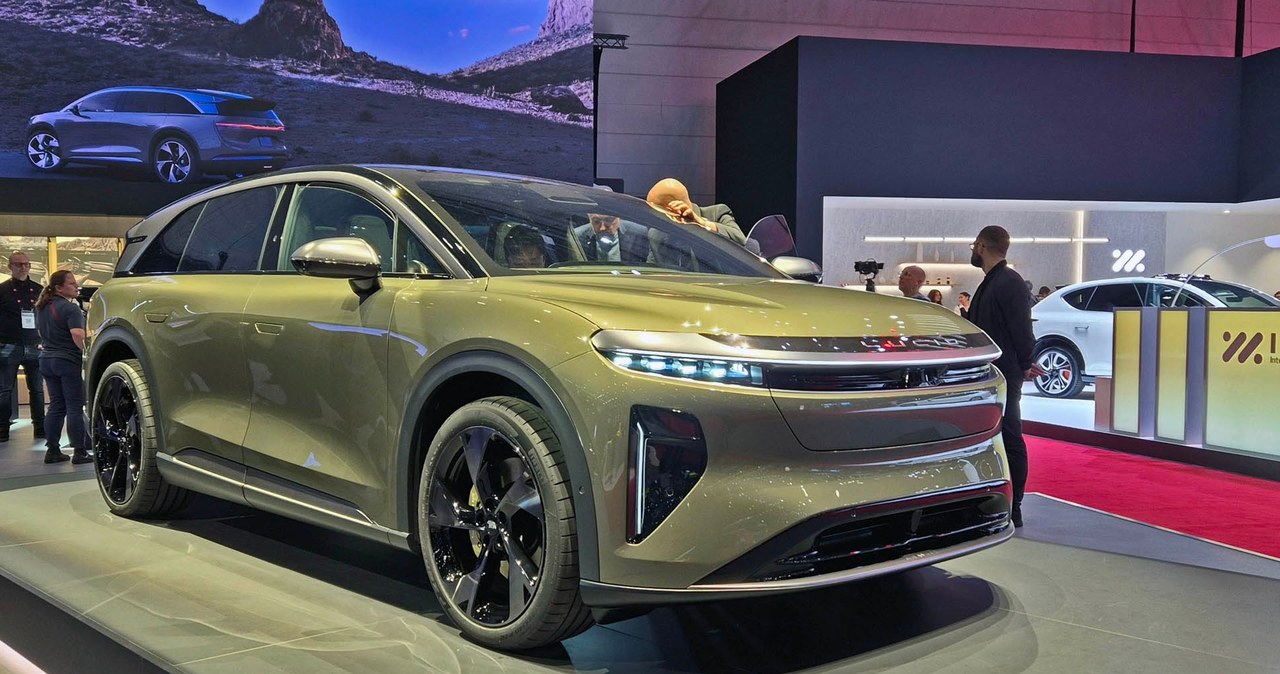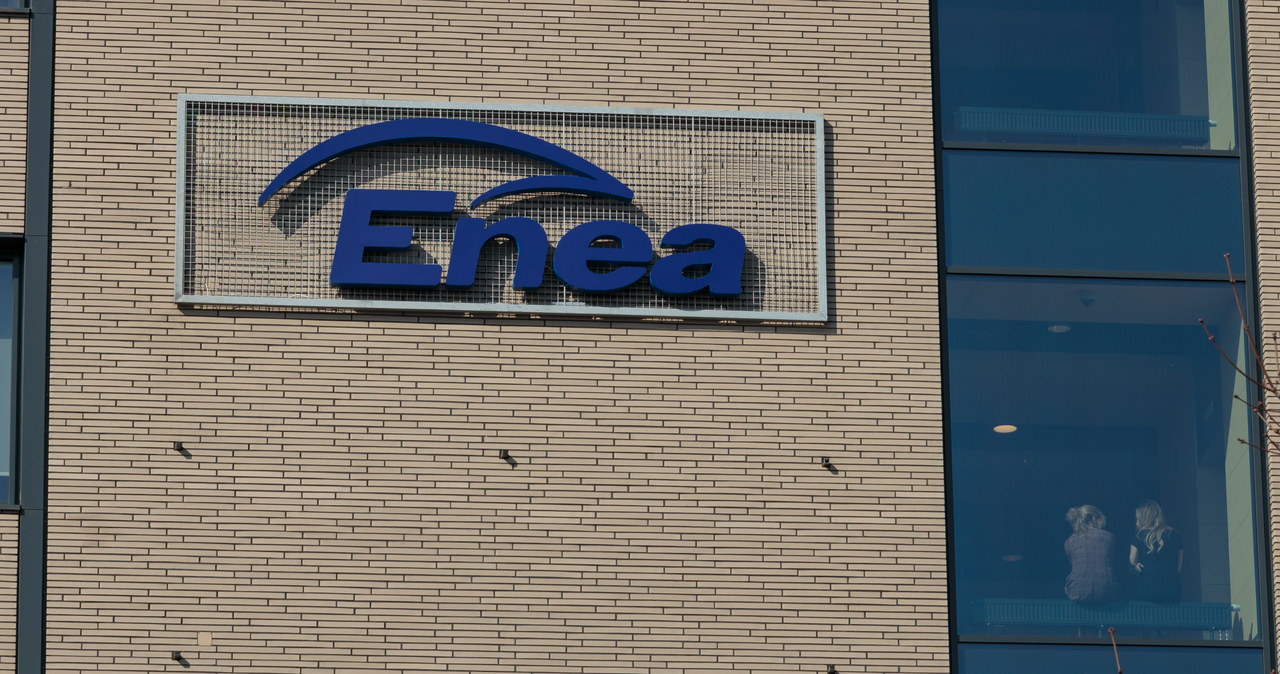European car manufacturers are having an increasing problem selling their electric cars. One of the many reasons is the strong expansion of brands from China, which attract customers with exceptionally affordable prices. These prices were achieved, among other things, thanks to subsidies, into which the European Commission has already launched an investigation. This is likely to end only in November, but the EU authorities do not intend to wait that long to take the necessary measures.
According to Reuters, customs registration for electric cars coming from China began today. This decision was due to be made after the document published on Tuesday, in which the European Commission stated that it has evidence that electric cars from the Middle Kingdom are subsidized, thanks to which their prices are very low.
To protect the EU market, the EU authorities want to impose anti-subsidy duties, thanks to which Chinese cars will not have an unfair advantage over European producers. Although, as mentioned previously, we will have to wait until November for the investigation into this matter and a final ruling to be completed, the European Commission may impose temporary tariffs as early as July. Customs duties will also be applied retroactively until March 7.
Such measures are not appreciated by the Chinese Chamber of Commerce of the European Union, which expressed its disappointment. According to its representatives, the noticeable increase in imports of electric vehicles from China (14% year-on-year) is only a natural consequence of the growing demand for such vehicles in Europe.
An investigation into subsidies for electric cars from China was launched in October last year. European Commission President Ursula von der Leyen said at the time that “Europe is open to competition” but must defend itself against unfair practices.
The European Union says enough is enough. There will be an investigation into the subsidies provided for electric cars
The investigation comes as a result of the actions of the French government, which indicated that cars from China have “unfairly low prices,” which poses a clear threat to all European manufacturers. This problem also seriously affects German brands, but the local government has been more cautious in making accusations of unfair competition, because for German producers China represents a huge sales market, where they have deep roots and do not want to risk a trade war.
The EU investigation into electric vehicle subsidies from China relates to existing subsidy programs in that country, which also affect domestic car selling prices in Europe. There is currently a 520 billion yuan ($72.3 billion) tax exemption package for electric cars, the largest support package for this industry in Chinese history. It is assumed that electric cars purchased in 2024-2025 will be exempt from purchase tax, providing savings of up to 30 thousand yuan (about PLN 16,500).
Previously, China also provided subsidies for the purchase of electric cars for more than a decade, but this program ended last year. Despite this, China's electricity market continues to grow, and local companies such as NIO and BYD are gaining popularity. Such activities have fueled demand for electric vehicles, allowed Chinese brands to develop and saved money that is now used to promote local products in other global markets – including Europe.

Echo Richards embodies a personality that is a delightful contradiction: a humble musicaholic who never brags about her expansive knowledge of both classic and contemporary tunes. Infuriatingly modest, one would never know from a mere conversation how deeply entrenched she is in the world of music. This passion seamlessly translates into her problem-solving skills, with Echo often drawing inspiration from melodies and rhythms. A voracious reader, she dives deep into literature, using stories to influence her own hardcore writing. Her spirited advocacy for alcohol isn’t about mere indulgence, but about celebrating life’s poignant moments.









